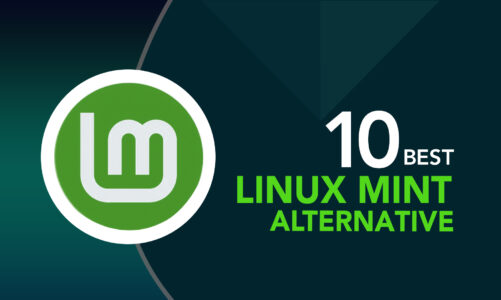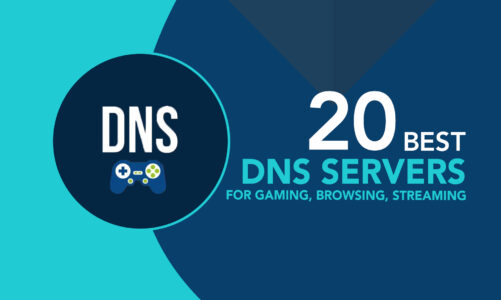In 2023, the Linux landscape presents a number of customizable distributions, each vying for the prestigious title of “most adaptable.”
For many users, the ability to tailor their operating system to their specific requirements allows them to maximize productivity, improve accessibility, and create a personal connection with their digital environment. But then again, the question remains the same, which Linux distro is most customizable?
Worry not, as here we are to provide insights into the most adaptable Linux distros of 2023, helping you to make an informed choice for your computing needs.
Top 5 Most Customizable Linux Distros in 2023
1: Arch Linux
Arch Linux is a rolling-release distribution, meaning it’s always up-to-date. Its installation process can be challenging for beginners, as it requires users to follow a step-by-step guide and manually configure the system.
Arch Linux is renowned for its unparalleled customizability. Its minimalist design allows users to build their system from the ground up, selecting only the components they need. The Arch User Repository (AUR) offers thousands of packages, simplifying the process of customizing the system to meet particular needs.
2: Ubuntu
Ubuntu is a user-friendly Linux distro with a straightforward installation process. For those who are new to the world of Linux customization, it is a great option to consider.
While Ubuntu may not be as customizable as Arch, it still offers plenty of options for personalization. Users can choose from various desktop environments, themes, and applets. Additionally, the Ubuntu community is vast and active, providing resources and support for customizing the distro.
3: Fedora
Fedora is known for its cutting-edge technology and user-friendly installation process. As a community-driven project, it attracts users who are interested in exploring the latest Linux advancements.
Fedora offers a range of customization options, including various desktop environments like GNOME, KDE Plasma, and Xfce. It also supports a wide array of software packages, making it easy to tailor the system according to individual preferences. Moreover, the Fedora community is always eager to help users with customizations and troubleshooting.
4: Debian
Debian is a stable and versatile Linux distro with a relatively simple installation process. It is ideal for both novices and seasoned users who value the equilibrium between stability and adaptability.
Debian’s extensive software repositories provide users with numerous customization options. Users can choose from different desktop environments, themes, and applets. Additionally, Debian’s strong community support ensures that users can find assistance and resources for further personalization.
5: Gentoo Linux
Gentoo is another customizable Linux distro that may be difficult for beginners to install, as it requires manual configuration. The installation process involves building the system from source code, which allows for a high degree of optimization.
Gentoo’s Portage package management system provides a vast array of customization options. Users can control every aspect of their system, from the kernel to individual software packages, ensuring optimal performance and a tailored user experience.
Choosing the Right Distro for You
When choosing the most customizable Linux distro, consider your technical expertise and the level of community support available. If you are a beginner, Ubuntu or Fedora may be more suitable, as they offer user-friendly installation processes and extensive community support. However, if you’re an advanced user seeking complete control over your system, Arch Linux or Gentoo might be the better choice.
Conclusion
The world of Linux distributions offers a plethora of choices for users seeking a customizable experience. From the ever-popular Arch Linux to the user-friendly Ubuntu and the minimalist approach of Gentoo, there’s a perfect fit for everyone. By understanding your unique requirements, you will be well on your way to creating a tailored Linux experience that suits you perfectly.



